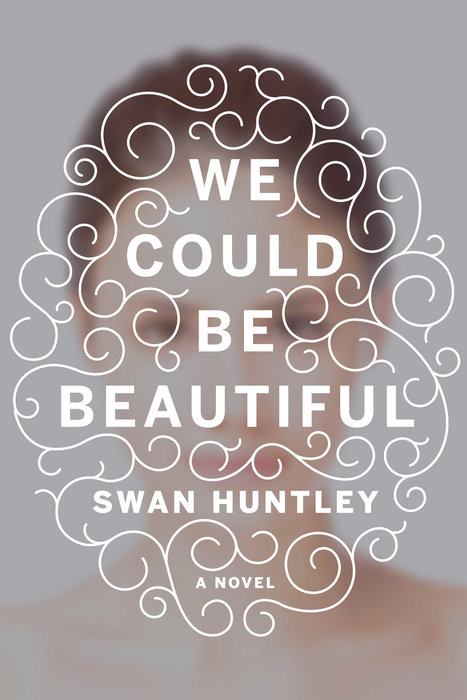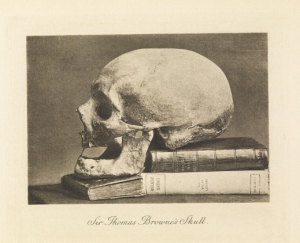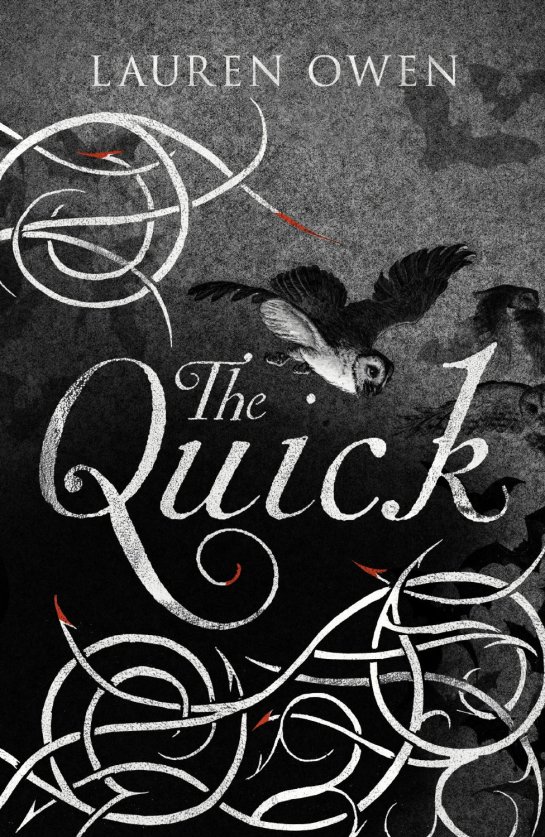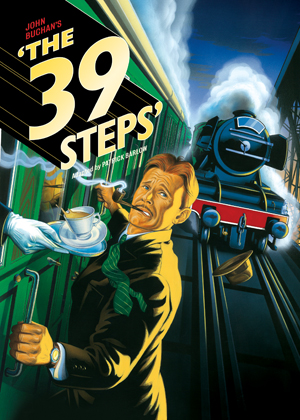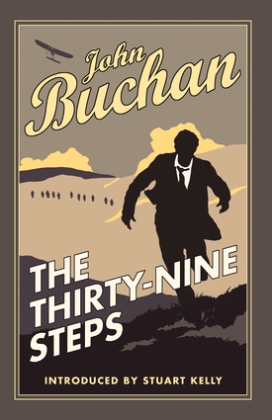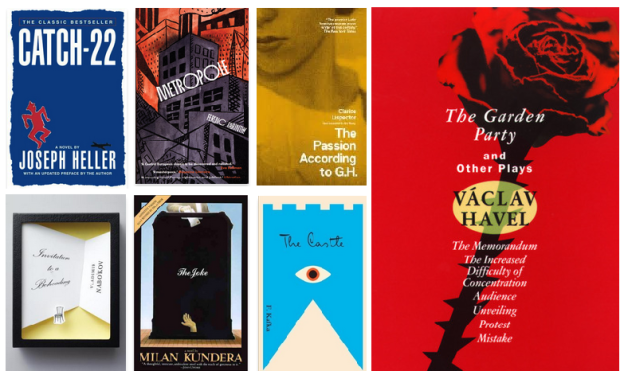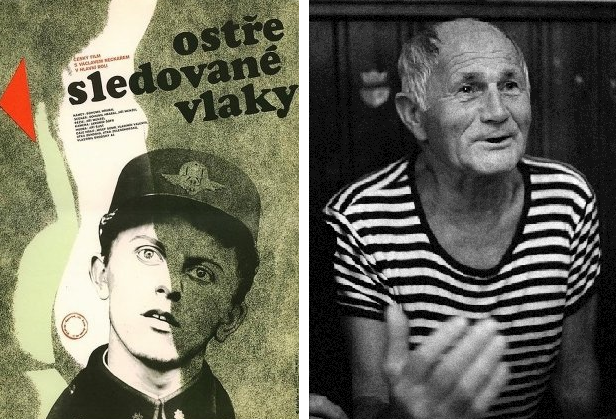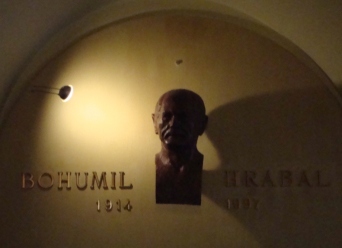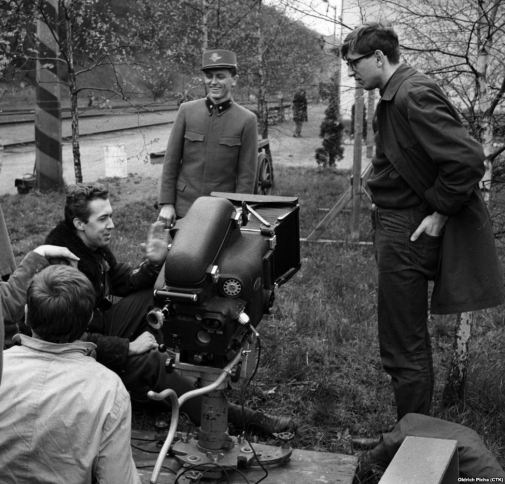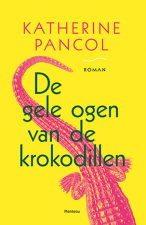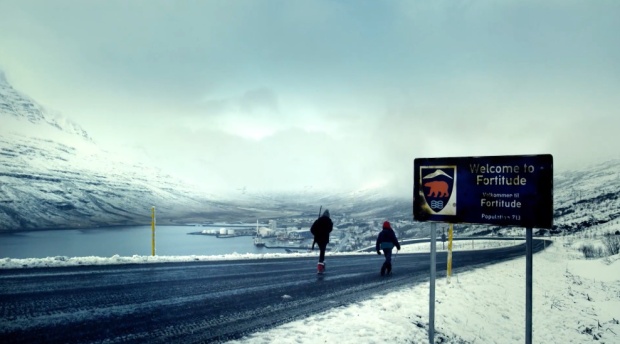
All is right in the world once again. Personal favorite television show Fortitude is back for its second season in the US (totally jealous of UK fans who got to watch the new season a few months back). I was a bit nervous that we wouldn’t get to continue the complete insanity that is Fortitude as the network that co-produced and broadcasted it stateside when under in the fall.
It returned on Friday! For those who don’t know anything about it, you can watch both seasons on Amazon; I’ve also include the season 1 trailer at the end. We would have to sit here for a while for me to explain what exactly is going on, but briefly, a quiet Arctic Norwegian village is disturbed when a series of brutal death/murders pop up…and that is only the beginning.
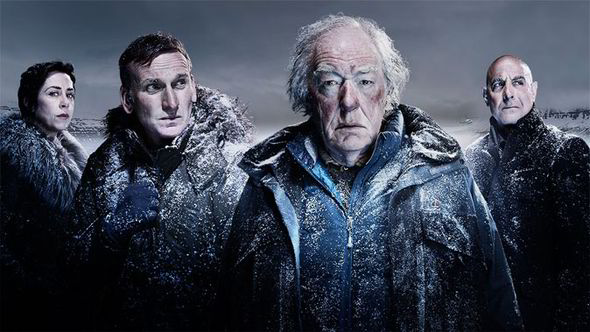
This show ticks so many boxes for me: a chilly, remote climate, difficult characters, mysterious thrills, happenings, and crimes. But it is so much more. It captures the strangeness of it all: prehistoric mammoths, parasites, sketchy Russians, death by polar bear, ghost murder, shamans, Dennis Quaid, British people pretending to be Norwegian, reindeer scientists, the list could go on…
I am also a fan of books that take place in cold places. It is very rare that you will find me reading or writing anything that has a tropical locale. Here are a few reading suggestions for fans of Fortitude or general ice terror.




The Terror is inspired by the ill-fated trip of HMS Terror and HMS Erebus, two ships that were tasked with finding a way through the Norwest Passage. However, in The Terror men are not only devoured by disease and starvation, but an unknown monstrous creature stalking them from out on the ice. I’ve read recently that this book will be adapted into a television series. For history buffs, the once lost Terror was found last year and a video of it was filmed by the Arctic Research Foundation.
The North Water is brutal and captivating. Moments can be so visceral and intense in this novel, and it was one of my favorites of this past year. I am baffled by the fact that it was not moved from the long list to the short list for the Man Booker Prize. I am a complete evangelist for it and I think everyone should read it (don’t get put off by the human murder, bear murder, and venereal disease). Two men are aboard a harpooner: one a medic, the other a murder and then a horrendous discovery is found.
Cannibalism: A Perfectly Natural History delves in to both animal cannibalism and human. I generally stay away from deep dive cannibalism (unsurprisingly, I find it disturbing), but this book offers a lot on interesting animal behavior, including misconceptions (re: praying mantis and pet hamsters). It also, of course, explores the fiasco that was the Donner Party. Spoiler alert: Men are much quicker to starve to death than women.
The Narrative of Arthur Gordon Pym of Nantucket is Edgar Allan Poe’s only known finished novel. The writing can be a bit stiff, but it’s worth a read as 1. it’s short and 2. it was influential to other nautical works that came after (Moby-Dick, An Antarctic Mystery). It’s has all of the makings of a nineteenth century nautical misadventure: calamity, mutiny, people eating, a dog, an enigmatic snow monster.
Has anyone else watched Fortitude? Appreciate the chilly thriller genre? Here’s the aforementioned trailer for season 1.
